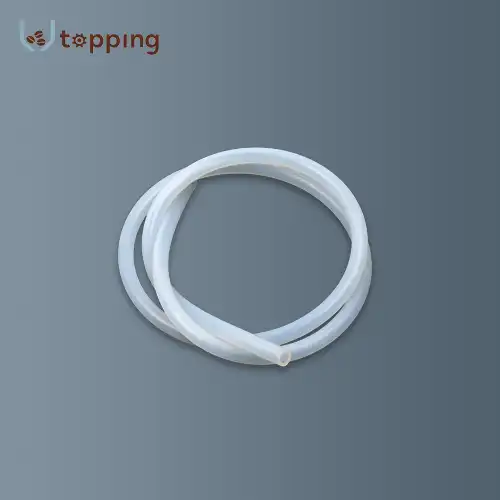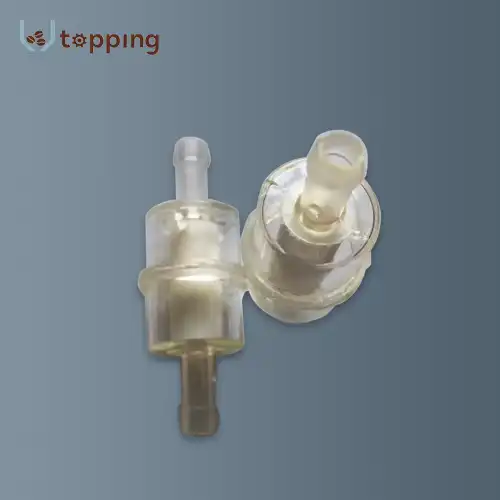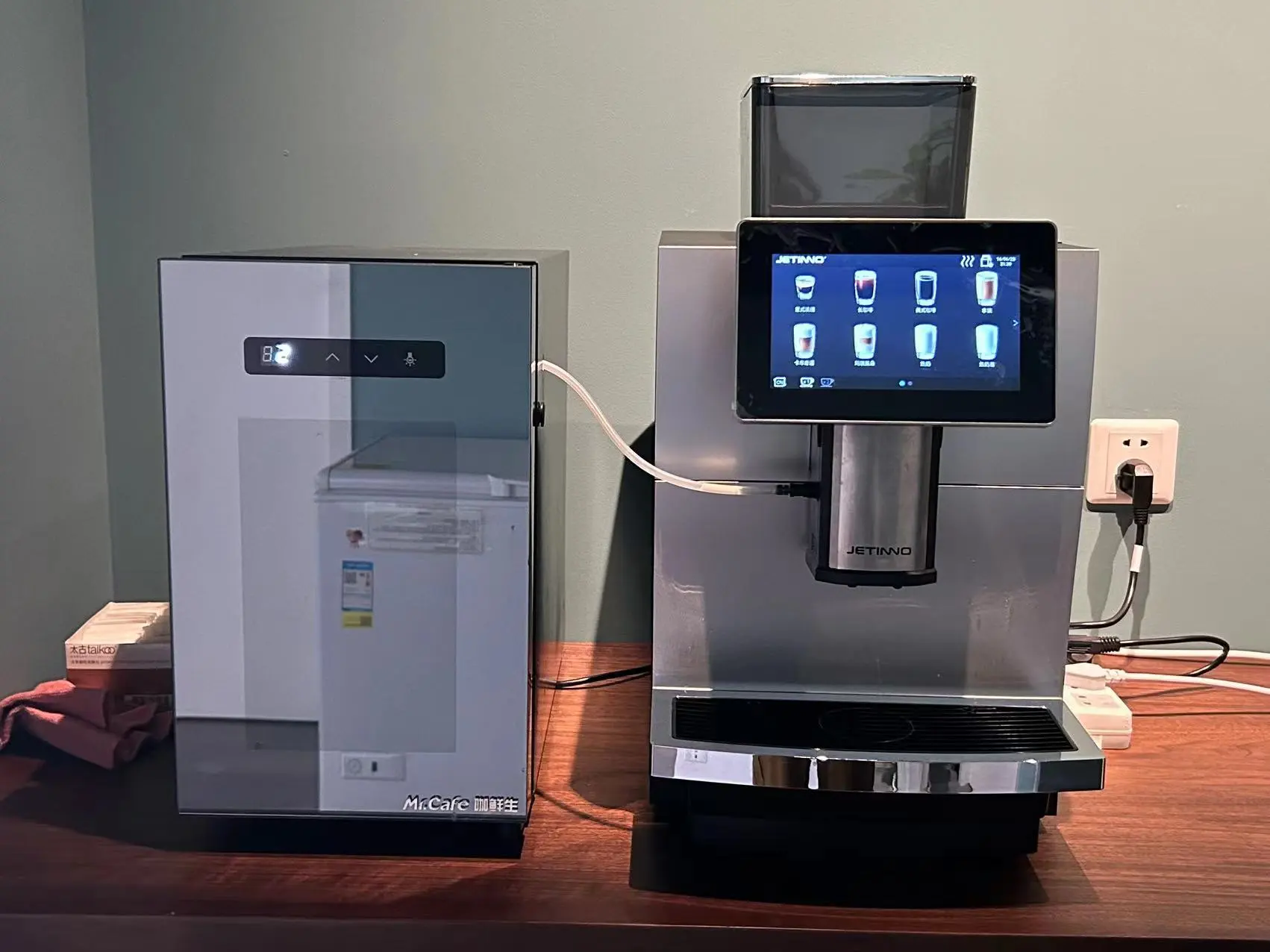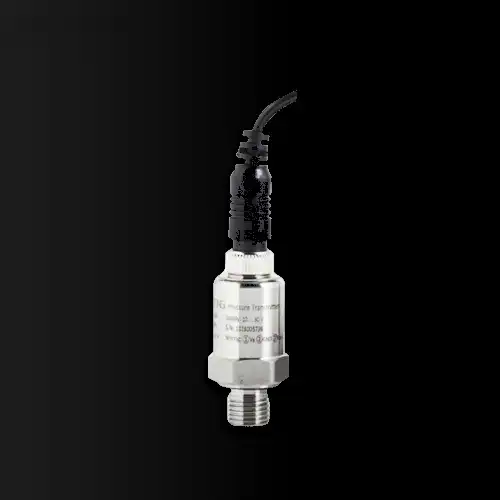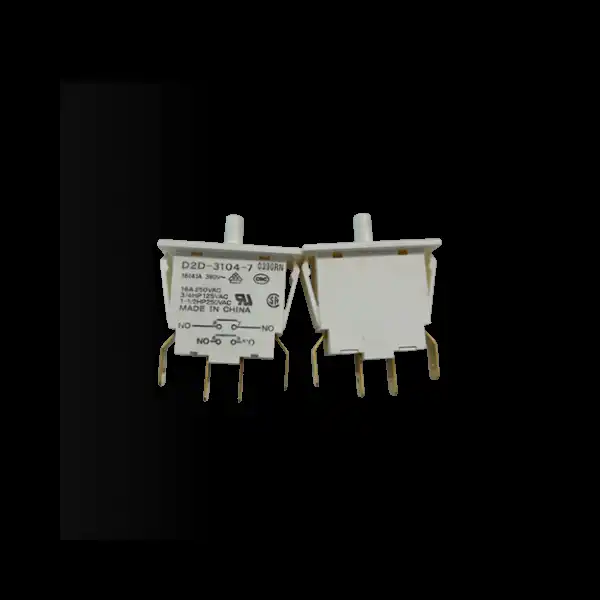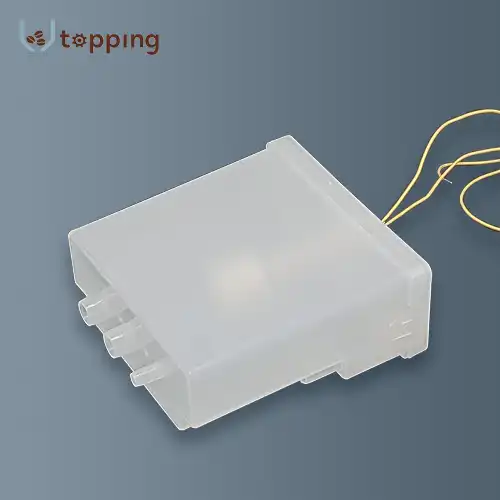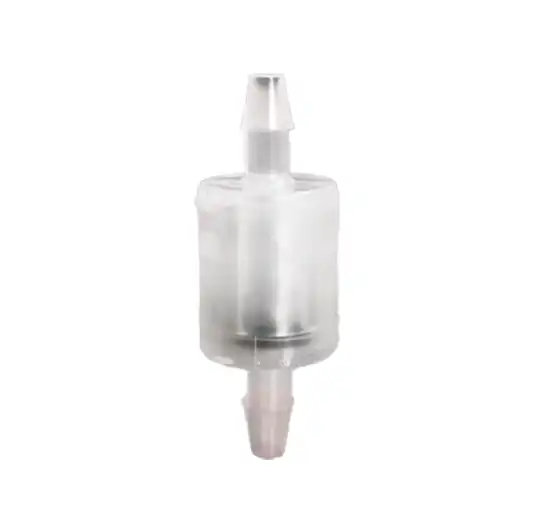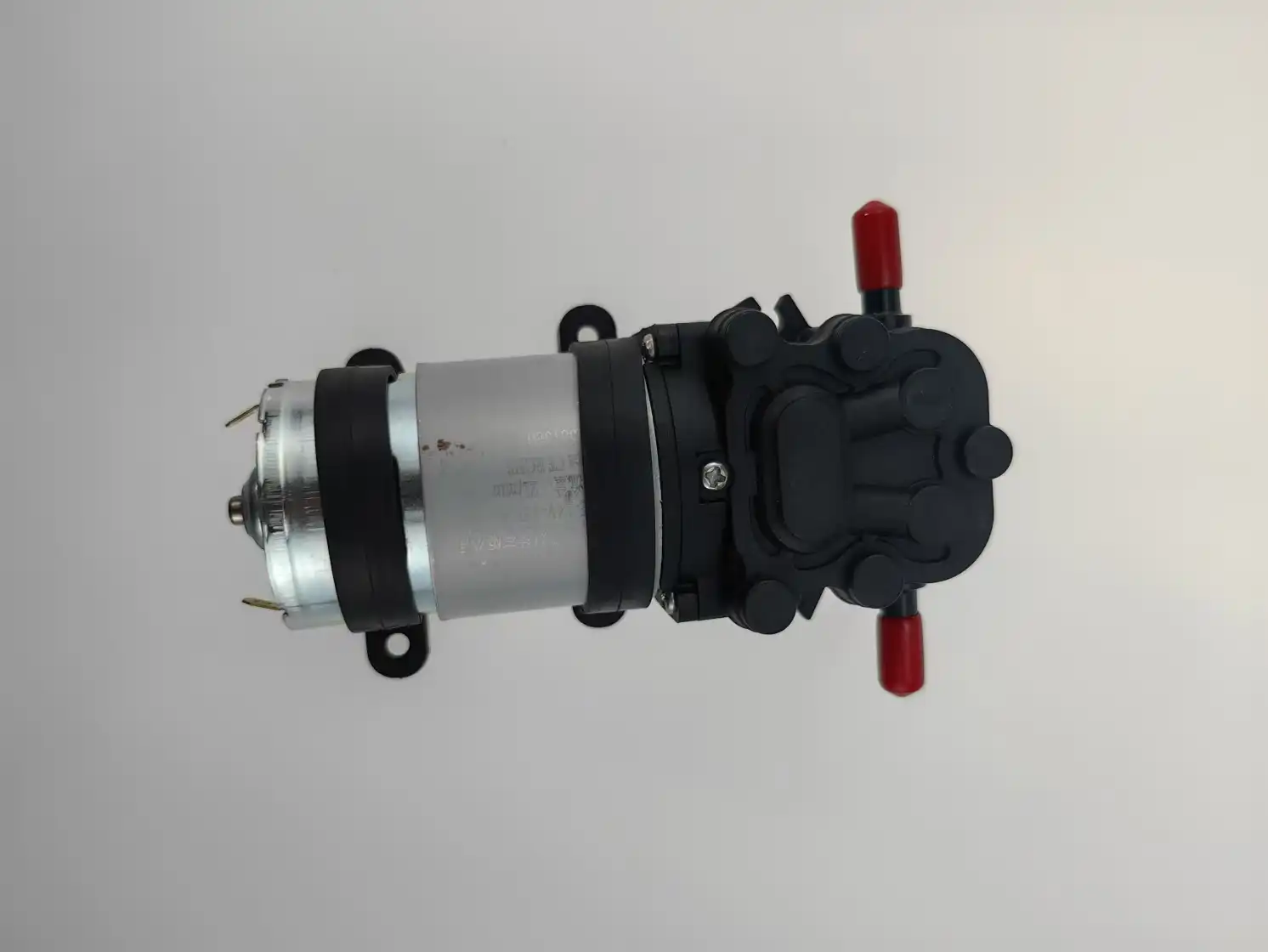What Does Coffee Boiler Mean?
2024-06-27 16:07:10
A coffee boiler is an essential component of a Coffee Machine Boiler, responsible for heating water to the precise temperature needed for brewing coffee. It plays a crucial role in determining the quality of the coffee by ensuring the water is at the optimal temperature to extract the flavors from the coffee grounds. In this blog post, we will explore the meaning and importance of a coffee boiler, addressing common questions and providing detailed insights.
What Are the Different Types of Coffee Machine Boilers?
Coffee Machine Boilers come in various types, each designed to achieve specific brewing goals and improve the efficiency and quality of the coffee-making process. The main types of boilers used in coffee machines are single boilers, dual boilers, and heat exchanger boilers.
Single Boilers
Single boilers are the simplest type and are often found in entry-level espresso machines. They are designed to handle both brewing and steaming but not simultaneously.
Functionality: A single boiler heats water to the ideal temperature for brewing. After brewing, it heats the water further to produce steam for frothing milk. This process requires the user to wait between brewing and steaming.
Advantages: Simple design, lower cost, suitable for home use.
Disadvantages: Inconvenient for making multiple milk-based drinks quickly, requires waiting time between brewing and steaming.
Dual Boilers
Dual boilers are typically found in higher-end espresso machines and are designed to handle brewing and steaming simultaneously, providing more control and efficiency.
Functionality: These machines have two separate boilers: one dedicated to brewing water and another for steaming milk. This allows users to brew espresso and froth milk at the same time.
Advantages: Simultaneous brewing and steaming, precise temperature control, ideal for high-volume use.
Disadvantages: Higher cost, more complex design, larger footprint.
Heat Exchanger Boilers
Heat exchanger (HX) boilers offer a middle ground between single and dual boilers. They are designed to heat brewing water through a heat exchanger while maintaining steam pressure.
Functionality: The main boiler heats water for steaming. A heat exchanger within the boiler heats the brewing water as it passes through a separate chamber, allowing for simultaneous brewing and steaming.
Advantages: Efficient design, simultaneous brewing and steaming, more affordable than dual boilers.
Disadvantages: Can be less precise in temperature control for brewing water compared to dual boilers.
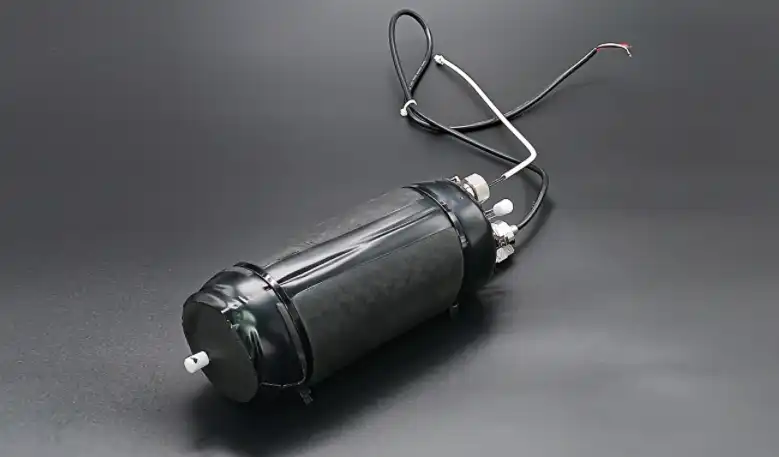
How Does Temperature Control Work in a Coffee Machine Boiler?
Temperature control is critical in coffee brewing, as different types of coffee require specific temperatures to extract the best flavors. Coffee machine boilers employ various methods to maintain consistent and accurate temperatures.
Thermostats and Pressurestats
Thermostats and pressurestats are common components in coffee machine boilers, used to regulate temperature and pressure.
Thermostats: These devices monitor the temperature of the water and activate the heating element as needed to maintain a consistent temperature.
Pressurestats: These control the pressure within the boiler, which is directly related to the temperature. By maintaining a set pressure, the pressurestat ensures that the water temperature remains stable.
PID Controllers
PID (Proportional-Integral-Derivative) controllers are advanced temperature control systems that offer precise control over the boiler temperature.
Functionality: PID controllers continuously monitor the temperature and adjust the heating element's power to minimize fluctuations. This results in more stable and accurate temperatures.
Advantages: Greater temperature stability, improved espresso quality, programmable temperature settings.
Disadvantages: Higher cost, more complex setup.
How Does Boiler Design Affect Coffee Quality?
The design of a coffee machine boiler plays a significant role in determining the quality of the coffee. Factors such as the material, size, and design of the boiler can impact the temperature stability and efficiency of the machine.
Boiler Material
The material of the boiler affects its heat retention and durability.
Stainless Steel: Known for its durability and resistance to corrosion, stainless steel is a common material for coffee machine boilers. It provides good heat retention and a long lifespan.
Copper: Copper boilers offer excellent thermal conductivity, ensuring quick and even heating. They are often used in high-end machines but can be more prone to scaling and require regular maintenance.
Brass: Brass is another good conductor of heat and is often used in combination with other materials to enhance durability and efficiency.
Boiler Size
The size of the boiler affects its capacity to heat and store water.
Smaller Boilers: Heat up quickly and are suitable for home use or low-volume settings. They may struggle with temperature stability during extended use.
Larger Boilers: Provide better temperature stability and are ideal for commercial settings or high-volume use. They take longer to heat up but can maintain consistent temperatures over longer periods.
Boiler Insulation
Insulation helps maintain the temperature within the boiler and reduces energy consumption.
Insulated Boilers: Use materials like foam or ceramic to insulate the boiler, minimizing heat loss and improving efficiency.
Non-Insulated Boilers: May lose heat more quickly, requiring the heating element to work harder to maintain the desired temperature.
How Does a High-Quality Boiler Enhance Coffee Flavor?
A high-quality boiler is essential for brewing excellent Coffee Machine Boiler. The precision and stability of the boiler directly impact the extraction process, which determines the flavor profile of the coffee.
Consistent Temperature
Consistency is key in brewing coffee. A high-quality boiler maintains a consistent temperature, ensuring that each brew is extracted under optimal conditions.
Stable Extraction: Consistent temperature leads to stable extraction, preventing under-extraction or over-extraction of coffee grounds.
Balanced Flavors: Proper extraction results in balanced flavors, with the right amount of acidity, sweetness, and bitterness.
Optimal Brewing Temperature
Different types of coffee require different brewing temperatures. A high-quality boiler can achieve and maintain the optimal temperature for various coffee types.
Espresso: Typically requires water temperature between 90-96°C (194-205°F).
Pour-Over: Usually brewed at temperatures around 92-96°C (198-205°F).
Improved Steaming Performance
For milk-based drinks like lattes and cappuccinos, steaming performance is crucial. A high-quality boiler provides consistent steam pressure, allowing for proper milk frothing.
Creamy Texture: Consistent steam pressure helps achieve a creamy texture in frothed milk.
Better Latte Art: Properly frothed milk is essential for creating latte art.
How Does a High-Quality Boiler Impact Machine Longevity?
Investing in a coffee machine with a high-quality boiler can extend the machine's lifespan and reduce the need for frequent repairs or replacements.
Durable Materials
High-quality boilers are often made from durable materials like stainless steel or copper, which resist corrosion and wear over time.
Stainless Steel: Resistant to rust and corrosion, ensuring long-term durability.
Copper: Excellent thermal conductivity and long-lasting, though it requires regular maintenance to prevent scaling.
Efficient Design
Well-designed boilers improve the overall efficiency of the coffee machine, reducing energy consumption and wear on components.
Energy Efficiency: Efficient boilers consume less energy, saving on electricity bills and reducing environmental impact.
Reduced Wear: Proper insulation and design reduce wear on the heating element and other components, extending the machine's lifespan.
How Does a High-Quality Boiler Enhance User Experience?
Using a coffee machine with a high-quality boiler can significantly enhance the user experience, making the coffee-making process more enjoyable and efficient.
Faster Heat-Up Times
High-quality boilers heat up more quickly, reducing the time needed to prepare your coffee.
Quick Brewing: Faster heat-up times mean you can brew your coffee more quickly, which is especially beneficial during busy mornings.
Efficient Steaming: Quick steam generation allows for efficient milk frothing without long wait times.
User-Friendly Controls
Advanced boilers often come with user-friendly controls, making it easier to achieve the perfect brew.
PID Controllers: Provide precise temperature control and easy adjustments.
Programmable Settings: Allow users to customize brewing temperatures and steam pressure according to their preferences.
Reliable Performance
High-quality boilers offer reliable performance, reducing the likelihood of malfunctions or inconsistent results.
Consistent Brews: Reliable boilers produce consistent results, ensuring that every cup of coffee meets your expectations.
Less Maintenance: Durable and efficient boilers require less frequent maintenance, saving time and effort.
How Can Scale Build-Up Affect Boiler Performance?
Scale build-up is a common issue in Coffee Machine Boilers, especially in areas with hard water. It can significantly impact the boiler's performance and the quality of the coffee.
Causes of Scale Build-Up
Hard Water: Contains high levels of minerals like calcium and magnesium, which can precipitate and form scale inside the boiler.
Lack of Maintenance: Infrequent descaling allows minerals to accumulate over time.
Effects of Scale Build-Up
Reduced Efficiency: Scale insulates the heating element, reducing its efficiency and increasing energy consumption.
Temperature Fluctuations: Scale can cause inconsistent water temperatures, affecting the quality of the coffee.
Shortened Lifespan: Excessive scale can damage the boiler and other components, leading to costly repairs or replacements.
Solutions
Regular Descaling: Use a descaling solution to remove mineral deposits regularly. Follow the manufacturer's recommendations for descaling frequency.
Using Filtered Water: Reduce the mineral content in the water by using a water filter, which can prevent scale build-up.
How Do Leaks Affect Coffee Machine Boilers?
Leaks in the coffee machine boiler can cause various issues, from reduced
performance to potential damage to the machine.
Causes of Leaks
Worn Seals: Over time, seals around the boiler can wear out and develop leaks.
Corrosion: Corrosion can create holes or cracks in the boiler, leading to leaks.
Loose Connections: Loose or improperly connected fittings can also cause leaks.
Effects of Leaks
Reduced Pressure: Leaks can reduce steam pressure, affecting milk frothing and brewing performance.
Water Damage: Leaks can cause water damage to the machine and surrounding areas.
Inconsistent Performance: Leaks can lead to inconsistent brewing temperatures and steam pressure, affecting coffee quality.
Solutions
Regular Inspections: Regularly inspect the boiler and its connections for signs of leaks. Replace worn seals and tighten loose fittings as needed.
Address Corrosion: If corrosion is detected, consider replacing the affected parts or the entire boiler if necessary.
Professional Servicing: For significant leaks or if you are unable to identify the source of the leak, seek professional servicing.
How Can Electrical Issues Impact Boiler Functionality?
Electrical issues can prevent the boiler from heating properly, affecting the overall performance of the coffee machine.
Causes of Electrical Issues
Faulty Wiring: Damaged or faulty wiring can prevent the boiler from receiving power.
Component Failure: Electrical components such as the heating element, thermostat, or PID controller can fail, causing the boiler to malfunction.
Power Supply Problems: Inconsistent power supply or voltage fluctuations can impact the boiler's performance.
Effects of Electrical Issues
Inconsistent Heating: Electrical problems can cause the boiler to heat inconsistently, affecting the brewing temperature and steam pressure.
Complete Malfunction: Severe electrical issues can cause the boiler to stop working altogether.
Solutions
Inspect Wiring: Regularly check the wiring for any signs of damage or wear. Replace damaged wires promptly.
Test Components: Test the heating element, thermostat, and PID controller to ensure they are functioning correctly. Replace any faulty components.
Professional Inspection: If you suspect electrical issues, have the coffee machine inspected by a professional technician.
Conclusion
Understanding what a Coffee Machine Boiler means and how it functions is essential for coffee enthusiasts and professionals alike. A high-quality boiler is crucial for brewing excellent coffee, as it ensures consistent temperatures and reliable performance. By addressing common issues such as scale build-up, leaks, and electrical problems, you can maintain your coffee machine in top condition and enjoy delicious coffee for years to come.
References
1. Home Grounds. (2023). The Complete Guide to Coffee Grinders. Retrieved from https://www.homegrounds.co/coffee-grinders/
2. Coffee Geek. (2023). Understanding Coffee Grinder Motors. Retrieved from https://www.coffeegeek.com/guides/understanding-coffee-grinder-motors
3. Barista Institute. (2022). How to Choose the Right Coffee Grinder. Retrieved from https://www.baristainstitute.com/how-to-choose-right-coffee-grinder
4. Consumer Reports. (2023). Best Coffee Grinders of 2023. Retrieved from https://www.consumerreports.org/coffee-grinders/best-coffee-grinders-of-2023/
5. Perfect Daily Grind. (2023). AC vs DC Motors in Coffee Grinders. Retrieved from https://www.perfectdailygrind.com/ac-vs-dc-motors-in-coffee-grinders/
6. The Spruce Eats. (2023). How to Clean a Coffee Grinder. Retrieved from https://www.thespruceeats.com/how-to-clean-a-coffee-grinder-4160333
7. Seattle Coffee Gear. (2023). Burr vs Blade Coffee Grinders: What’s the Difference? Retrieved from https://www.seattlecoffeegear.com/learn/burr-vs-blade-coffee-grinders
8. Coffee Detective. (2023). Tips for Maintaining Your Coffee Grinder. Retrieved from https://www.coffeedetective.com/coffee-grinder-maintenance-tips
9. Wired. (2023). The Best Coffee Grinders. Retrieved from https://www.wired.com/review/best-coffee-grinders/
10. Espresso Parts. (2023). Coffee Grinder Maintenance Tips. Retrieved from https://www.espressoparts.com/blogs/news/coffee-grinder-maintenance-tips
Send Inquiry
Related Industry Knowledge
- Vending Machine Cup Dispenser Mechanism
- Why do we use volumetric counter?
- How should I choose the right O Rings for my model of coffee machine?
- How do you make coffee with a sieve?
- What Innovations Are Improving Coffee Machine Mixer Technology?
- How to use a Coffee Vending Machine Ingredient Canisters?
- Vending machine board repair service
- Is the valve coffee machine suitable for beginners
- How Do Ingredient Canisters Impact Coffee Quality?
- What Are Coffee Vending Machine Ingredient Canisters Made Of?

